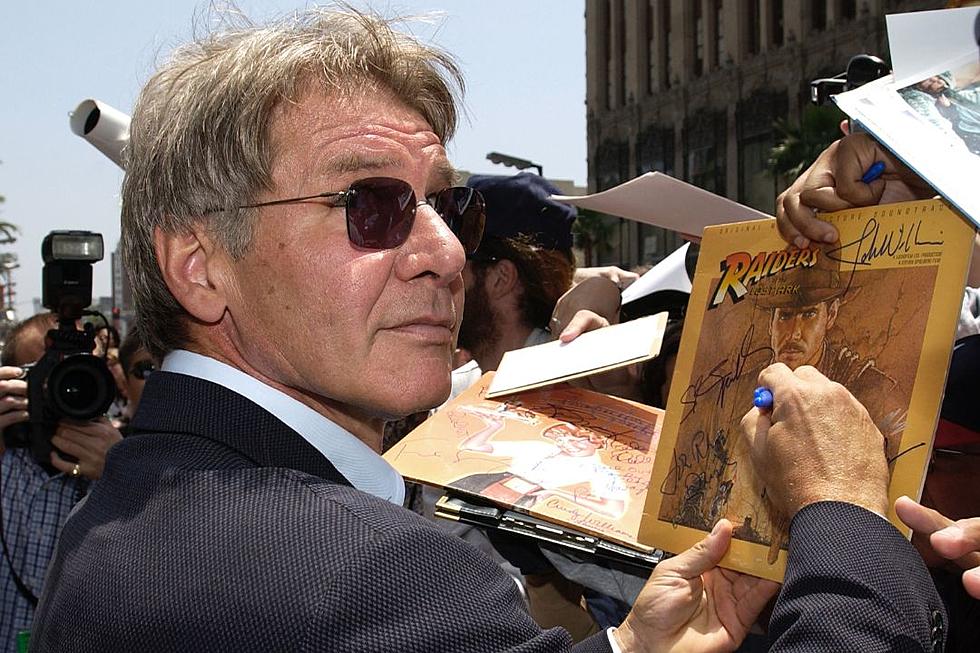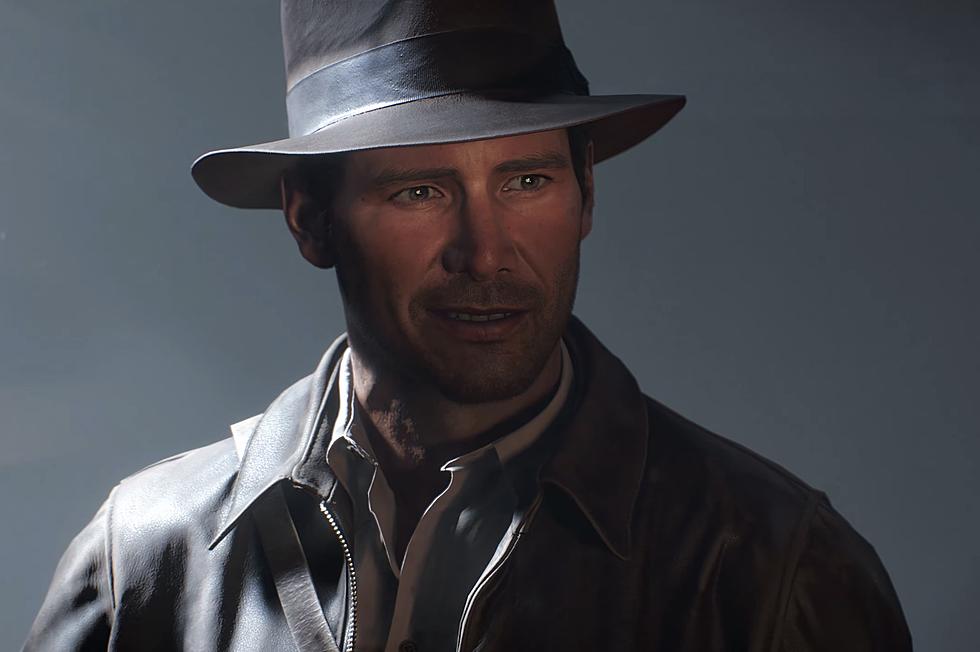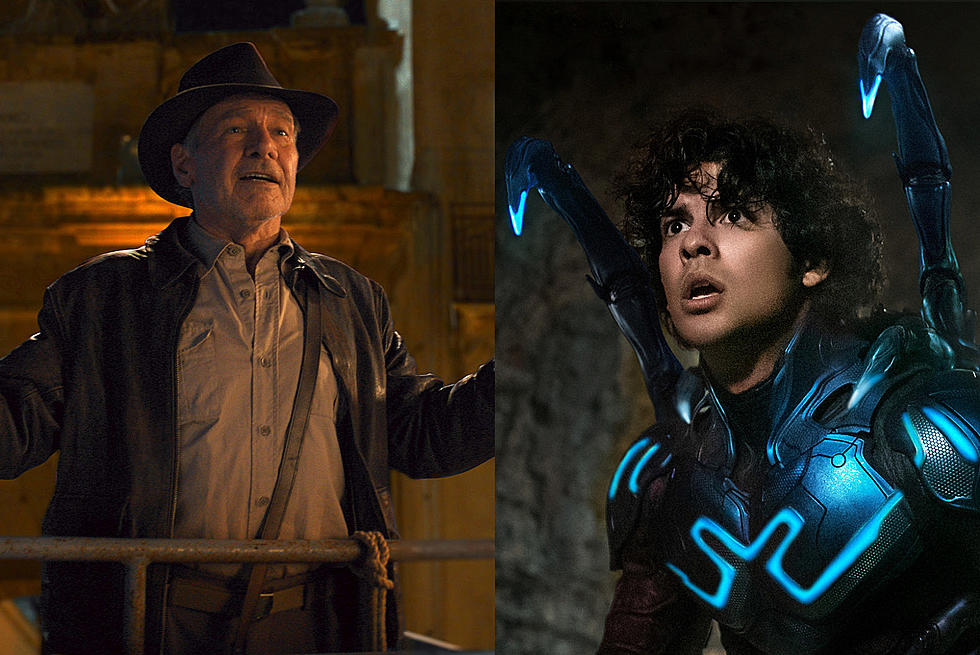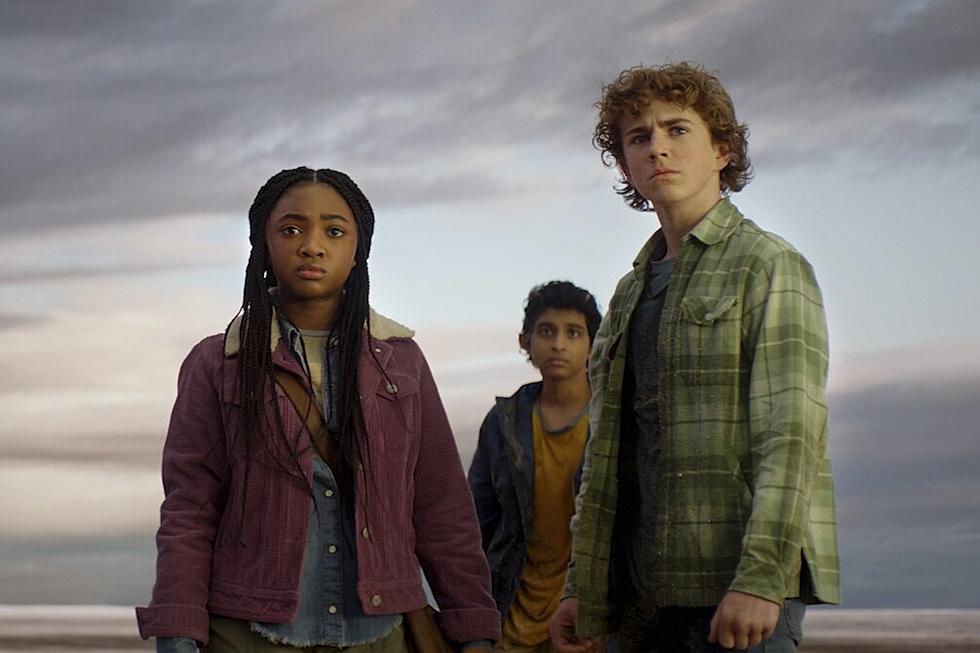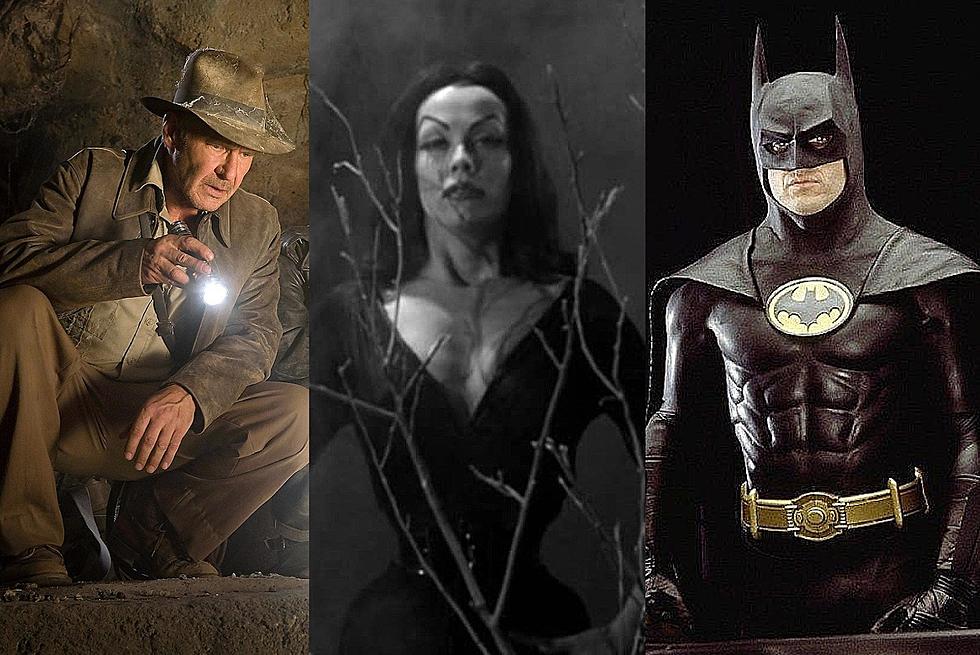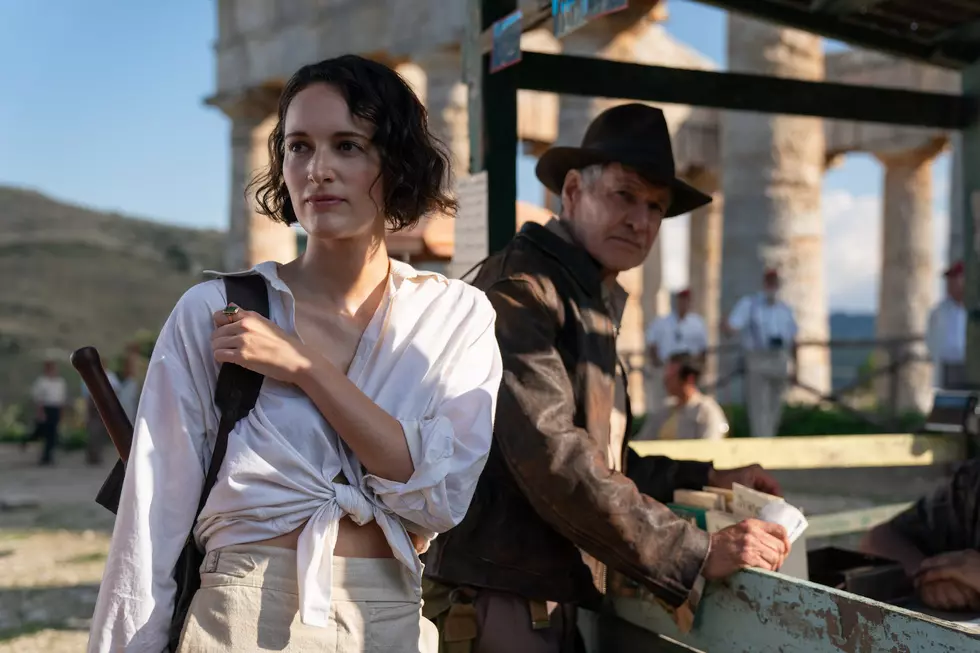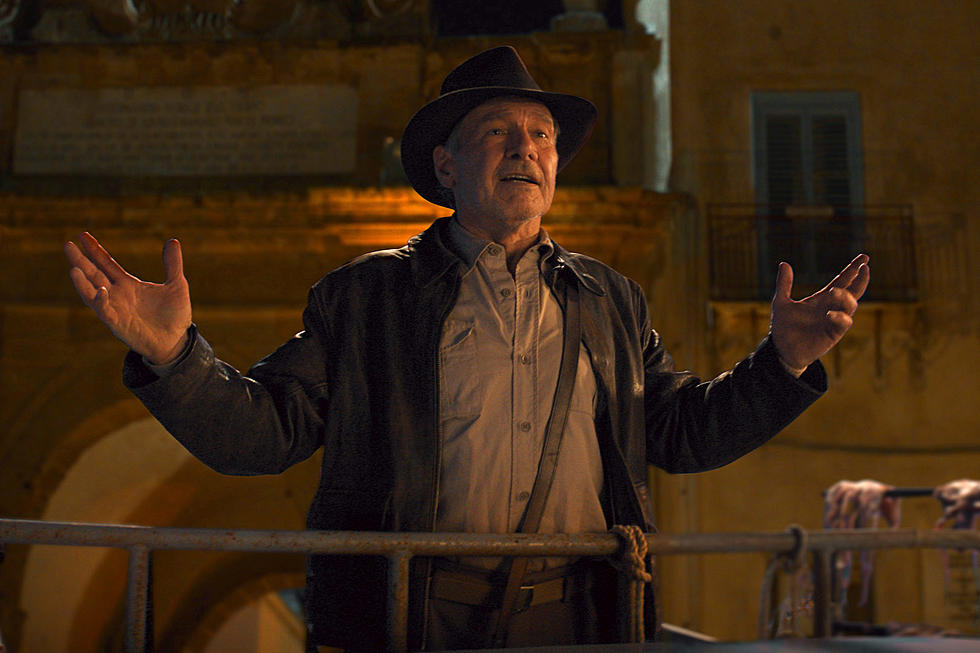
‘Dial of Destiny’s Director Explains Why This Was the Right Ending For Indiana Jones
The following post contains SPOILERS for Indiana Jones and the Dial of Destiny. Like, the ending of the movie. It also spoils that Indiana Jones is in it. Sorry.
One expects a certain amount of supernatural goingson at the end of an Indiana Jones movie. The newest film in the series though, Indiana Jones and the Dial of Destiny, takes a really big swing.
The whole film is a chase for the object of the title, supposedly created by the ancient mathematician Archimedes. (The object, or at least an object like it without supernatural powers, is real by the way.) A former Nazi played by Mads Mikkelsen wants the dial so he can go back in time and fix Hitler’s mistakes in World War II and win the war. Naturally, Indy wants to stop him.
But, in somewhat typical Indiana Jones fashion, he fails to stop the bad guys. Mikkelsen’s character gets the dial, and then uses it to find a “fissure in time” that he can fly a plane into. He believes he will be sent back to 1939. Instead, the plane — which also contains Indiana Jones and his goddaughter Helena Shaw — winds up traveling way off-course, back to the Roman siege of Syracuse in 212 BC. There, Indiana Jones is gobsmacked to discover that after loving history all his life, he has traveled back into it. He wants Helena to leave him in the past, likely to die. (Indy has been shot by this point in the film.) Instead, Helena punches Indy and knocks him unconscious, then drags him back to the present day.
It’s a wild ending — and certainly a surprising one. But according to Dial of Destiny co-writer and director James Mangold, he doesn’t see it as a story about “time travel” but rather the conclusion of the entire film’s exploration of time. In the movie, Indy is now 70, and finds himself deeply out of step with modern life in the late 1960s.
READ MORE: How Spider-Man’s Creator Left His Mark on Indiana Jones
As Mangold told The Hollywood Reporter, the twist ending was very carefully designed to match the previous Indiana Jones movies...
[Indiana Jones movies] are always a kind of fanciful interaction between an aspect of history, science and miracles, and so my goal with the end of the picture was to have a big swing, which is a staple of these movies at the end. I wanted Indy to be confronted with something that would not only challenge his notions of belief, but also tempt him in a way. Life in the modern world had gotten disillusioning enough that the idea of actually living in history might be a temptation for him.
I didn’t love all of Dial of Destiny; I thought it dragged occasionally, and didn’t feel like the action sequences, including the prologue featuring a “young” Harrison Ford, measured up to the franchise’s past highlights. But I really liked this ending for the reasons Mangold describes. It really is the perfect conclusion to this story about old Indiana Jones. And then the epilogue back in 1969 after they return to the present really got to me.
Indiana Jones and the Dial of Destiny is in theaters now.

Letterboxd Top 10 Movies of 2023 (So Far)
More From ScreenCrush

